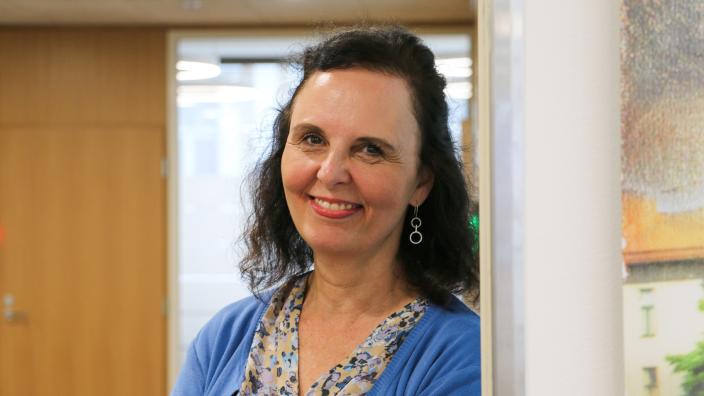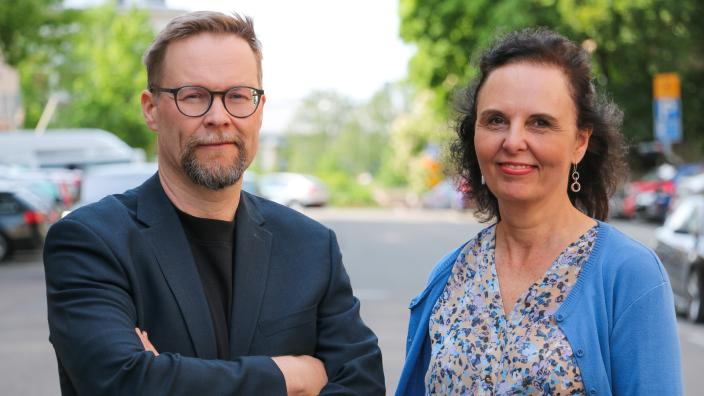The start-up grant and pay subsidy are key tools for promoting employment and business activities in employment regions. At the turn of the year, the responsibility for issuing those grants and subsidies switched over to municipalities.
Before the turn of the year, all start-up grants and pay subsidies in the entire region were distributed from a single pot managed by the Southwest Finland TE Office. Now, each municipality decides independently how much to spend.
“Pay subsidies and start-up grants are sourced from central government transfers to municipalities. They are a universal item of income, which means that they have not been earmarked in any way,” says Account Manager Eija Ahava from the Turku employment region.
Start-up grants are issued based on the entrepreneur’s municipality of residence, and pay subsidy is granted based on the unemployed jobseeker’s municipality of residence. Each has two payment days per month.
The start-up grant is equal to the amount of basic unemployment allowance. The amount of pay subsidy is linked to the salary of the employment relationship. The policies for pay subsidy vary by municipality, such as how much of the unemployed jobseeker’s pay is left to be borne by the employer.
“This year, for example Kaarina has not budgeted any 100% pay subsidy, whereas Turku has,” says Ahava.
Text continues after image

Granting, payment and appeals in Turku
The start-up grant is for entrepreneurs who are just getting started. The pay subsidy is meant to promote the employment of unemployed jobseekers. It is granted to the employer for covering pay costs.
Advice and guidance related to applying for subsidies is available from municipal business advisory services and the Enterprise Finland telephone service and chat. The subsidies are applied for in an e-service.
In the Turku employment region, the issuing and payment of start-up grants and pay subsidy and the processing of appeals have been centralised to Turku. This way, personnel at local services can focus on customer service.
“We are familiar with the special legislation related to pay subsidies and start-up grants. It is also good for equal treatment that we have a centralised system for granting subsidies,” says Chief Specialist Tero Mäenpää.
“The payment process is more cost-effective in a larger unit. We are also better equipped to manage people’s holidays and sickness leaves, where a small unit would be more vulnerable,” Ahava adds.
Text continues after image

Room for improvement in data management
According to Ahava and Mäenpää, the basic work of granting and paying out start-up grants and pay subsidies is going well. There is room for improvement in the monitoring of appropriations, as the general grant system does not give out municipality-specific information automatically.
At the moment, municipal data on the funds used for pay subsidies and start-up grants are arranged into tables manually by centralised services.
“That’s a pretty big job since we have 23 municipalities. The Keha Centre maintains the general grant system, and they have received our development proposals on these matters,” Ahava says.
“We are now working on giving municipalities access to the appropriation tables, which would let them have up-to-date information on the situation at all times,” he adds.
Hoping for uniform policies
Ahava and Mäenpää hope that municipalities’ start-up grant and pay subsidy policies would be as uniform as possible throughout the employment region. Shared principles would enable smoother decision-making.
Ahava and Mäenpää think that proposals for different policies and quotas concerning centralised services could be submitted to the management group of the employment region, and the municipalities could jointly agree on those policies and quotas.
For example, an employer-specific quota for a 100% pay subsidy would make applicants more equal within each municipality.
“This would stop large associations who act fast from taking up most of the appropriations. This is most critical for Turku, where the number of decisions is high,” Mäenpää says.
